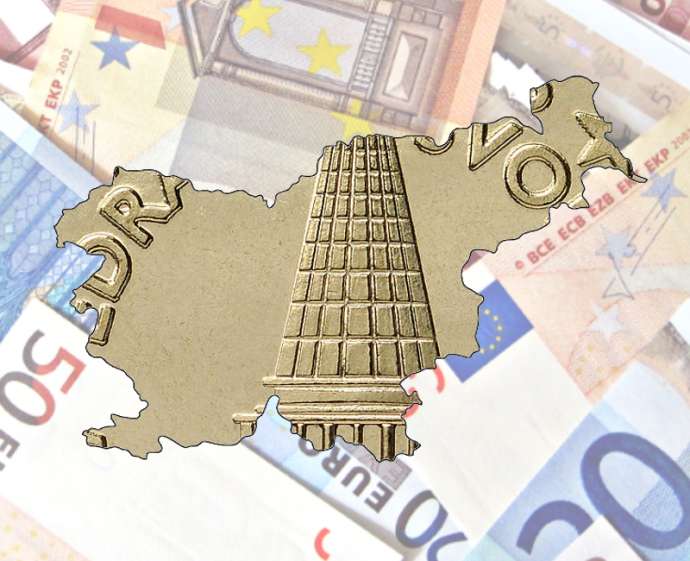STA, 13 April 2019 - Finance Minister Andrej Bertoncelj met representatives of the World Bank and the IMF on the sidelines of the two organisation's spring meetings in Washington to highlight Slovenia's effort to find the right balance between fiscal stability and prosperity for its people.
The Slovenian delegation, which also included Banka Slovenije governor Boštjan Vasle, met several senior World Bank and IMF officials, including IMF deputy director Carlo Grasso, deputy director of the IMF's Institute for Capacity Development Gerd Schwartz, and the World Bank's regional vice president Cyril Muller, the Finance Ministry wrote.
Highlighting the cooling of the global economy, increased risks and continuing expansionary monetary policy, the latter stressed the need for appropriate fiscal policies and structural reforms meant to improve productivity, the business environment and growth.
Slovenia's representatives explained the government was pursuing a fiscal policy that would strike the right balance between fiscal stability on the one side and development and prosperity on the other.
The Slovenian delegation also met representatives of credit rating agencies S&P, Fitch, and Moody's, briefing them in separate meetings on Slovenia's performance.
"The talks showed that the assessments of the economic situation for Slovenia are positive and that we are among the countries for which the agencies are preserving a positive outlook despite the cooling in the international business environment," the ministry's press release says.
Minister Bertoncelj told the STA that IMF and World Bank representatives were content with the government's fiscal and reform plans for the coming years.
They were particularity happy about the planned general government budget surplus - 0.8% this year an 1% in 2020 - and about the plans to reduce public debt.
"We're aware our debt is high, nominally at EUR 32bn, with the bulk of it, around EUR 24bn, stemming from budget deficits. Thus they find our planned path - surpluses and debt reduction - to be correct," he said.
Bertoncelj added that implementing structural measures would also be crucial. He presented plans to reduce the tax burden for labour and increase it for capital, as well as pension system and labour market measures. He said the assessment were very positive.
Earlier this week, the IMF downgraded the global growth forecast by 0.2 percentage points compared January to 3.3% for this year, mainly because of the poorer than expected trends in China and in Europe.
However, Slovenia is not expected to be affected as yet, with the IMF forecasting the economy to expand at a rate of 3.4% this year before the pace slows down to 2.8% in 2020 and then gradually to 2.1% by 2024.







